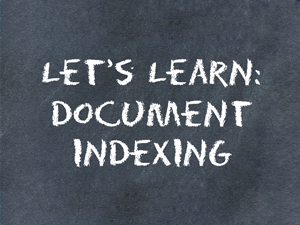Streamline Claims Processing with a Digital Mailroom Solution for Insurance Companies
Insurance companies manage daunting amounts of paper mail daily, such as claims, checks, grievances and appeals (G&A), and enrollment forms. Mail needs to be opened, sorted, and sent to the appropriate department or person so processing can begin and can be incredibly time-consuming if done manually. This leads to slow turnaround times and can also…






